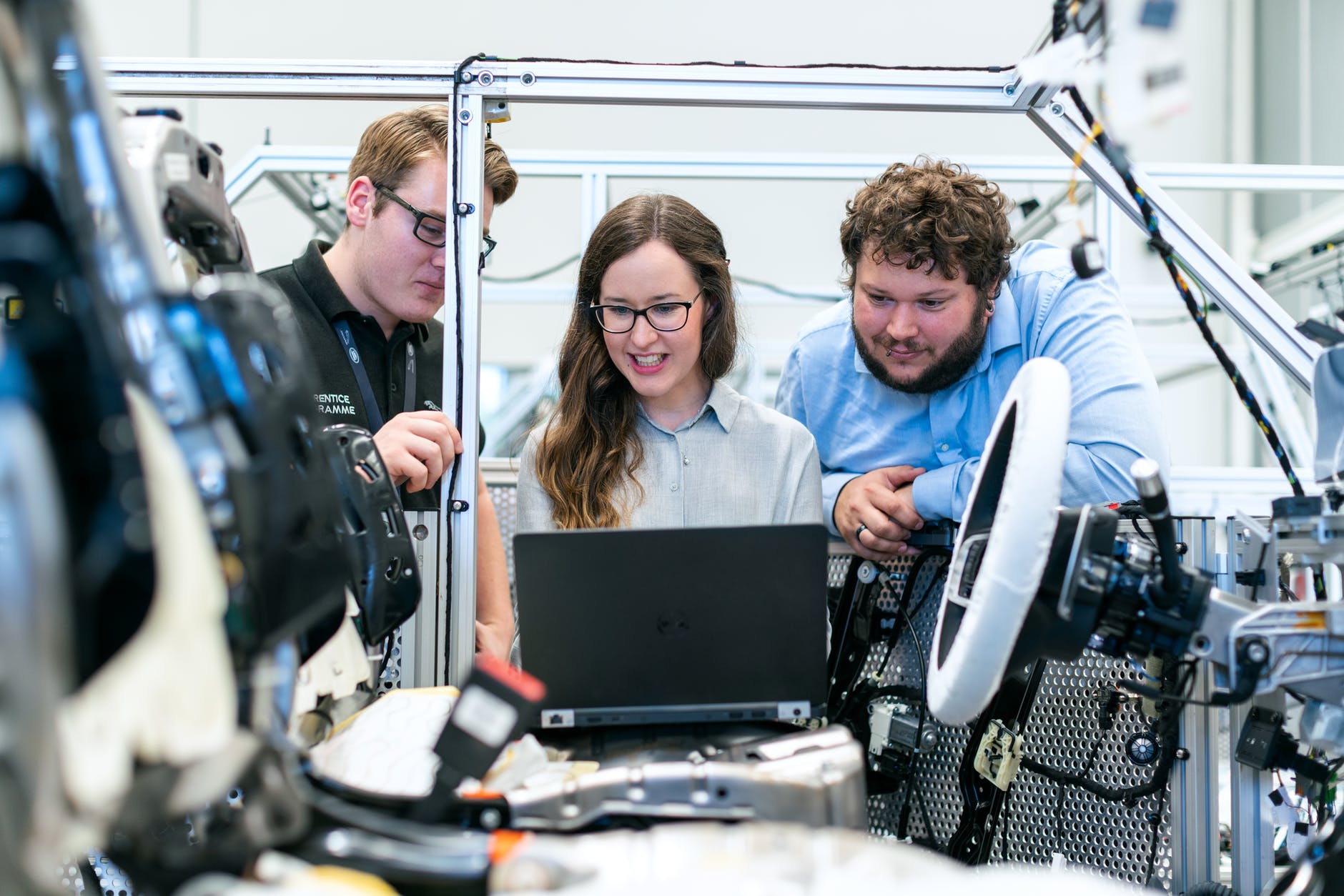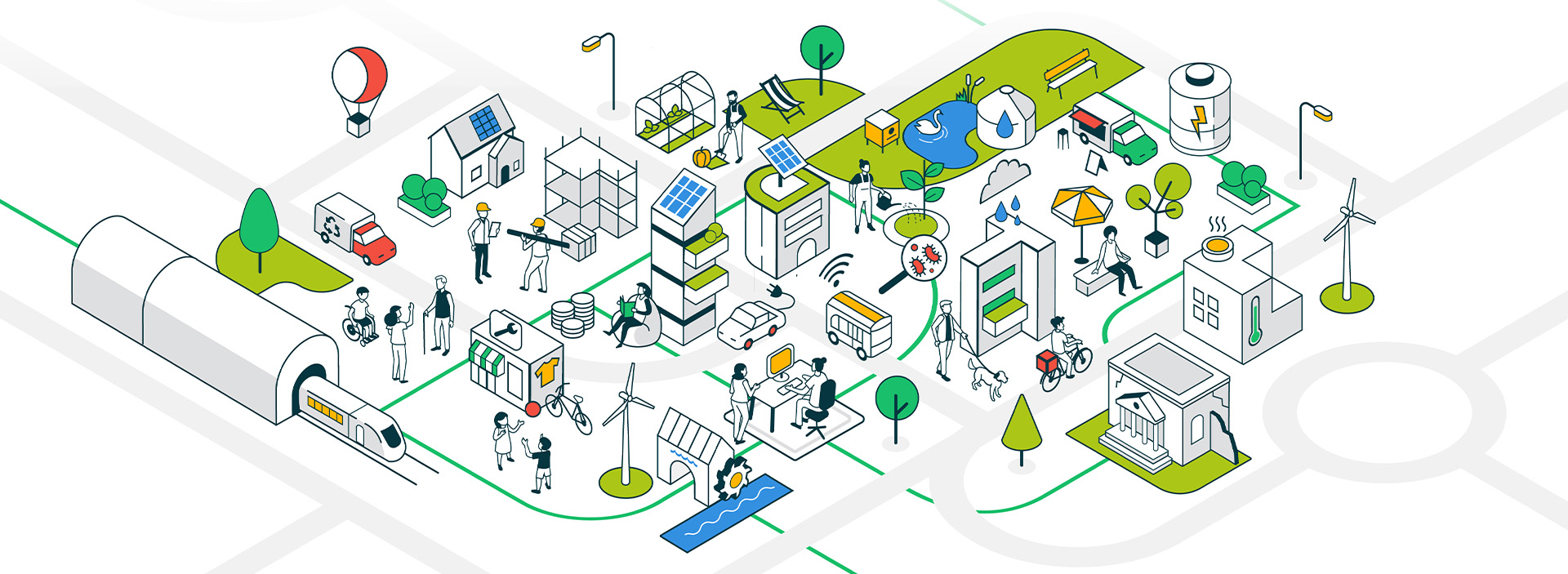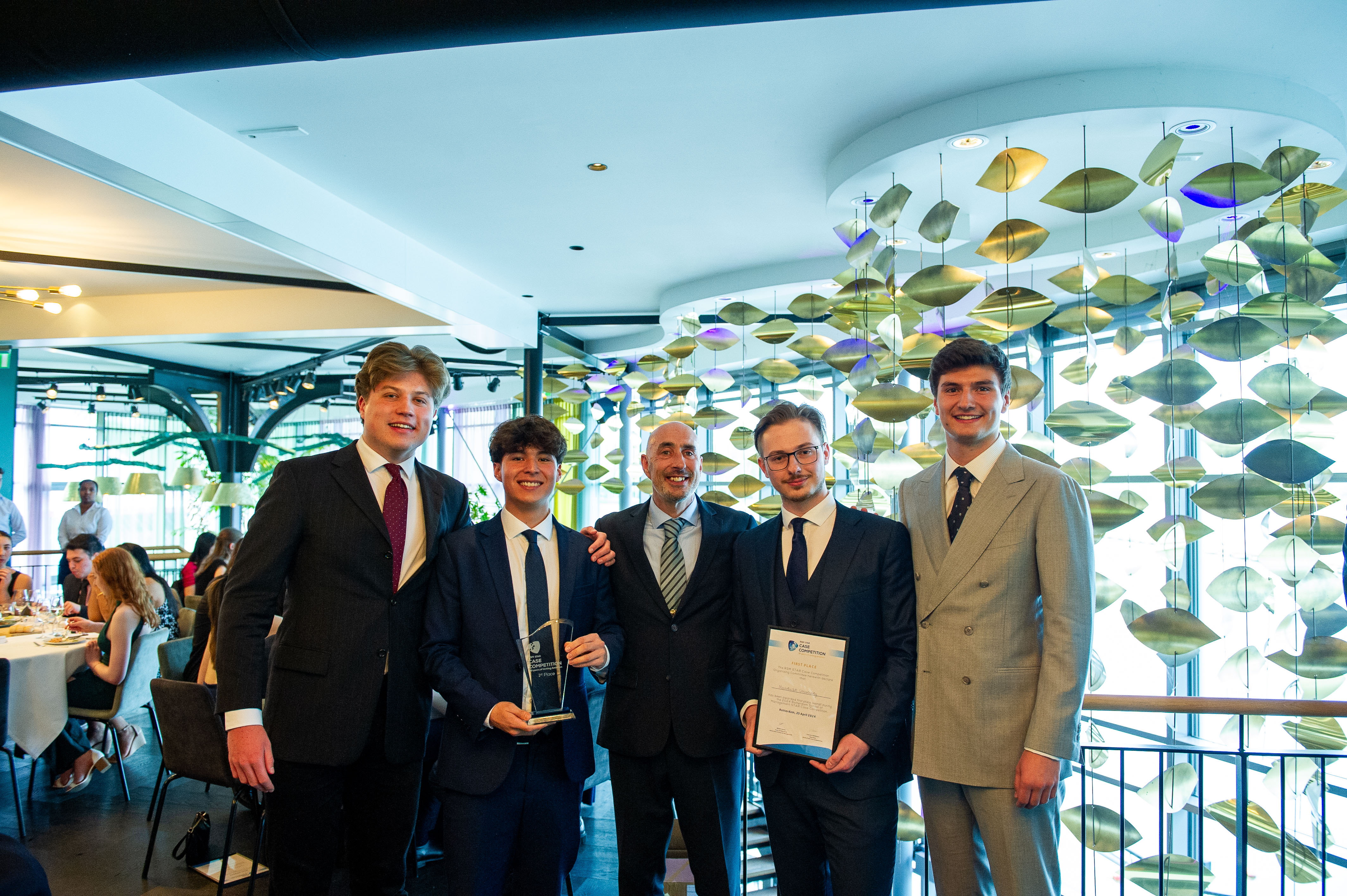The sense and non-sense of early supplier involvement
This article was written by Dr. Robert Suurmond, an assistant professor in Purchasing and Supply Chain Management at Maastricht University’s School of Business and Economics. In this piece, Robert shares insights from one of his recent publications, shedding new light on the sense and non-sense of (early) supplier involvement, open innovation and the nature of knowledge transfer more generally.
Early supplier involvement: what does the literature have to say?
For many purchasing and supply chain managers this is a given: thou shalt involve thy suppliers early in innovation and new product development. Involving suppliers in early stages of the process is perceived as effective to share ideas and learn from each other. Think about the development of a new electric car, the first of its kind for a given manufacturer. Given that the car now has to carry the weight of the batteries, the car becomes heavier, which has implications for the design of the car overall, but also the axles, the wheels and tires. Hence, the electric car manufacturer can look at its current tyre supplier to work on the development of a new tyre that can carry twice the weight in comparison to the combustion engine car.
A lot of the research on this theme comes from the 1990s. It was then first discovered that Japanese automotive companies (e.g, Honda) are much better and faster at innovation than their European and especially American counterparts (e.g., GM). Scientific research then showed that this was mainly due to tightly-knit collaboration networks between original equipment manufacturers and their suppliers. Japanese manufacturers appeared to assign and delegate more responsibility for the development of specific components and modules to suppliers. In the American context, this was brought to the attention of management as ‘Early Supplier Involvement’.

The need to differentiate between when and how to involve suppliers
To date, the scientific literature was very fragmented, with different studies focusing on slightly different concepts and showing somewhat different results. In a recent investigation that I carried out together with Finn Wynstra and Jan Dul from Erasmus University, this literature was put through a systematic review and meta-analysis. This review of more than 11,000 innovation projects has now been published in the Journal of Supply Chain Management. In this meta-analysis, we collect as many as possible scientific investigations into the effects of supplier involvement on innovation and new product development outcomes, such as time-to-market and financial performance.
The main finding of this study is that we have to differentiate between involving suppliers early and involving them extensively. Early supplier involvement, in which the buying organisation mainly collaborates with partners to generate more ideas and concepts, has only a marginal effect on the performance of the new product and innovation. Early supplier involvement requires the manufacturer to possess a lot of absorptive capacity, the ability to sense and seize innovations coming from outside (outbound-in open innovation). As this type of supplier knowledge is typically tacit (hard to codify), transferring knowledge across organisational boundaries is hard.
In contrast, extensive supplier involvement allows the buying organisation to directly leverage the knowledge and specialised experience of a supplier for the development of a component. To achieve successful collaboration here, the buying organisation does not need to absorb knowledge, but only manage the connections and interfaces between the suppliers design and development and other parts, using what the literature labels a connective capacity. Extensive supplier involvement, our research shows, leads to more innovative products, higher quality, lower cost, faster time-to-market, and overall better market performance of the new products.
What does this mean for organisations?
This research has therefore shed new light on the sense and non-sense of (early) supplier involvement, open innovation and the nature of knowledge transfer more generally. Organisations need to consider the distribution of design and development tasks amongst their internal and external partners. The delegation of certain component development tasks to suppliers leads to better performance in the short and long run. However, involving suppliers for new ideas in general does not have the intended effects, and other partners might have more valuable ideas instead, such as customers, users or NGOs.

Assistant Professor Robert Suurmond's research focuses on innovation in buyer-supplier relationships and supply networks, predominantly in the context of services.
Check out a recent SBE podcast episode in which Robert discusses topics including early supplier involvement, evidence-based management and the future of supply chain management.
Robert's paper referenced in this post was published in the Journal of Supply Chain Management.
Also read
-
Maastricht Sustainability Institute (MSI) of Maastricht University School of Business and Economics (SBE) has successfully applied for funding in the ‘Driving Urban Transitions’ program of NWO/ JPI Urban Europe. Three new transdisciplinary projects with international partners have recently started...
-
SBE took first place in the Rotterdam School of Management Star Case Competition (RSMCC). The competition welcomed 16 top-level international business teams of four students, who were tasked with tackling two real-life business cases.
-
Higher air pollution increases the likelihood of people voting for opposition parties rather than ruling parties. This is the major finding of research by Nico Pestel, a scientist at the Research Centre for Education & Labour Market (ROA) at the Maastricht School of Business and Economics.


